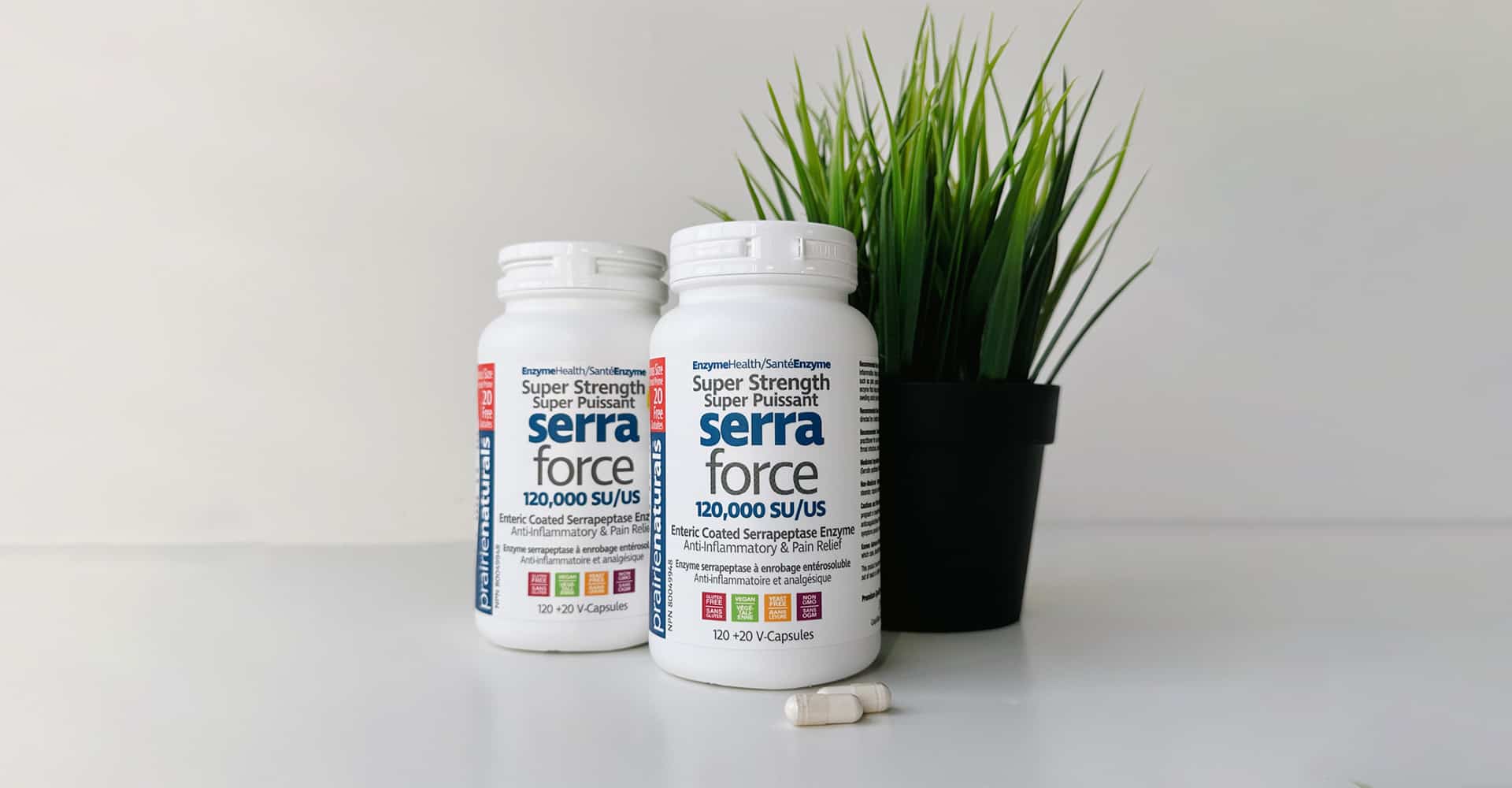Holiday Food Can Make us Feel Sick
Digestive enzymes can help! Without adequate enzymes available to the body at meal time; protein putrefies, fat turns rancid, carbohydrates ferment, and the fibre in fruits and vegetables does not properly release trapped vitamins, minerals and phytonutrients for absorption. The result is a heavy feeling in the stomach, gas, cramps, bloating and either constipation, diarrhea or both. These symptoms indicate inadequate enzyme production by the digestive system and improper nutrient absorption.
Holiday meals tend to be eaten in large amounts. The more food you cram into your stomach, especially carbohydrates, sugars, fructose and lactose, the more gas that is produced. This gas creates pressure on the esophageal sphincter (the muscle that closes off the top of the stomach & keeps digested food down where it belongs) by pushing the stomach up. When the pressure is great enough, food and acid will back up, causing heartburn. Carbohydrate-digesting enzymes along with the lactose-digesting enzyme lactase (Lactaid) can aid in breaking down the complex starches and sugar, helping to prevent discomfort from bloating and gas.
Holiday foods are generally high in dairy, fat, and alcohol which can cause liver congestion, and weight gain. Liver congestion can produce a heavy feeling in the stomach and often nausea upon awakening. Fatty foods slow down digestion and can trigger reflux. The fat-digesting enzyme lipase supports the liver in its ability to break down fats.
Most holiday treats contain hard-to-digest proteins such as the dairy proteins and the gluten proteins found in wheat, barley and rye. When proteins are not properly broken down into amino acids, they tend to form a paste in the bowel causing constipation. Or they irritate the lining of the intestines, causing a flushing action that often leads to diarrhea.
Protease or protein-digesting enzymes can help to break down most proteins, especially the turkey, ham or most meat-based protein. However, special protein-digesting enzymes are needed for foods containing gluten and dairy. Both Peptidase DPP IV (a special type of protease), and Kiwi extracts with standardized protease enzyme content, are known to be effective for breaking down dairy and gluten proteins and relieving constipation and symptoms of IBS.
Holiday foods are usually low in fibre. Low-fibre foods tend to aggravate constipation and do not provide the right environment for healthy intestinal bacteria to flourish. Enzyme supplements can provide fibre-digesting enzymes to help.
Holiday stress triggered by mall shopping, cooking, cleaning, travel, and family visits can cause upset stomach and heartburn. During stress, and the flight or fight responses, enzyme production is significantly decreased. Many people cope with stress by overeating and drinking too much.
Improve Your Digestion with Enzymes
Excessive eating can overwhelm the body’s ability to produce sufficient enzymes, but it is possible to improve digestion by adding an all-purpose digestive enzyme supplement at the beginning of a meal. A supplemental enzyme formula should incorporate a variety of plant-based enzymes to ensure complete and proper digestion. Plant-based enzymes are more active, versatile and effective throughout the entire digestive tract. They can perform their enzymatic activity across a wider range of acidity and alkalinity within the body.
By RoseMarie Pierce B.Sc.Pharm, Holistic Pharmacist
RoseMarie Pierce, B.Sc.Pharm, earned her degree in Pharmacy from Dalhousie University in 1972. After extensive studies in herbal and nutritional medicine, RoseMarie integrated these disciplinary practices with her pharmacy education to become Canada’s first Holistic Pharmacist.
RELATED ARTICLES



